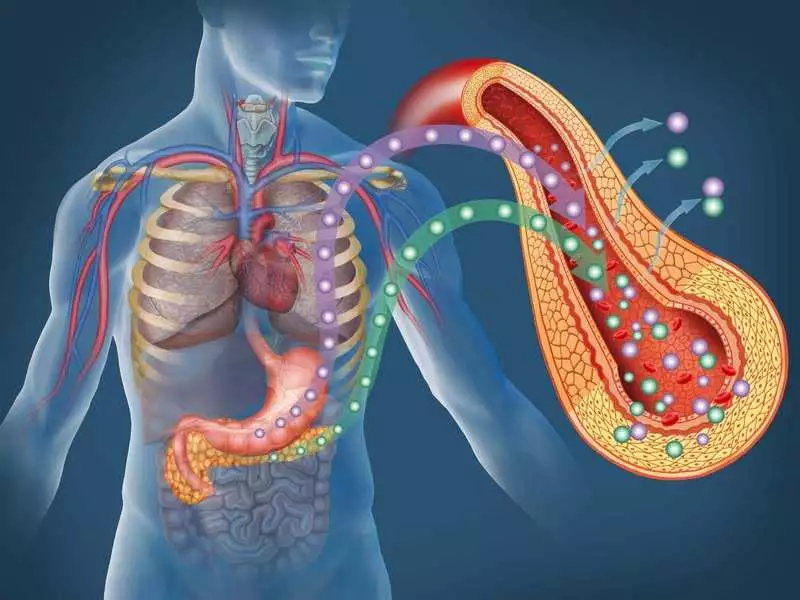Intestinal candidiasis, also known as intestinal candidiasis, is most commonly caused by yeasts of the genus Candida. These organisms are most often found as individual small cells of approximately 5 µm.
The proliferation of pseudotubules in the intestine causes damage to the mucosa, including the intestinal villi responsible for the absorption of nutrients. Leakage of the mucosa within the intestines also occurs, leading to the passage of many toxic substances (including yeast metabolic products), as well as allergens and heavy metals into the blood. Candida albicans, in turn, "steals" glucose and amino acids from the host organism, thus depriving it of these nutrients.

photo: pantherstock
In the case of an undisturbed human immune system, a so-called yeast overgrowth can occur in otherwise favourable conditions for Candida development. The primary factor increasing the likelihood of excessive cell overgrowth of the organisms described, is the failure to adhere to a healthy diet - including excessive consumption of sweets, reduction of fruit and vegetable foods, as well as overuse of antibiotics, dysregulation of intestinal flora, excess stress and stimulants (alcohol, coffee, nicotine) - all of which increase the body's susceptibility to uncontrolled growth of Candida albicans in the intestines.









